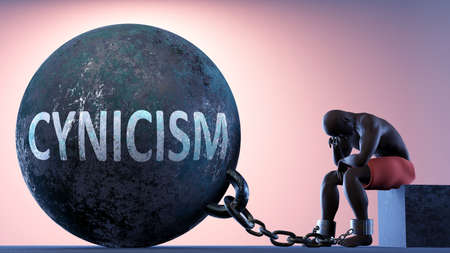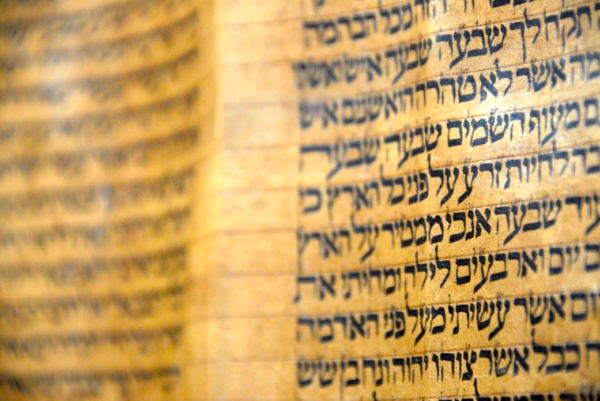Category Sermons
Refleksja nad paraszą Bemidbar
Życie stawia nas czasem w trudnych i skomplikowanych sytuacjach, w których mówimy do siebie “jakoś to będzie”, po czym okazuje się, że rzeczywistością staje się to, czego najbardziej się obawialiśmy. Czasem jest też tak, że jesteśmy w tych trudnych przepełnieni optymizmem,
Thoughts on parashat Behar-Bechukotai.
In memory of my father, Zbigniew Mirski
Difficult times come cyclically in our lives. One of such experiences is the death of a loved one. We feel powerless then, because we cannot bring anyone back to life. The closer this person was to us, the closer that persons’ “spiritual
Refleksja nad paraszą Behar-Bechukotai.
Pamięci mojego taty, Zbigniewa Mirskiego
W naszym życiu cyklicznie nadchodzą trudne dla nas chwile. Jednym z takich doświadczeń jest śmierć bliskiej nam osoby. Czujemy się wówczas często bezsilni, nie możemy bowiem nikogo przywrócić do życia. Im bliższa ta osoba
Thoughts on Parashat Emor.
The idea that man was created in the image of God is a fundamental claim about human nature and binds all mankind together as a single race. The very idea is at the same time the foundation of universalist ethics, the only ethics that has a chance to be true, because it is the antithesis of
Refleksja nad paraszą Emor.
Idea, że człowiek został stworzony na podobieństwo Boga jest fundamentalnym twierdzeniem na temat ludzkiej natury i spaja cały rodzaj ludzki jako jedną rasę. Ta sama idea jest jednocześnie fundamentem wszelkiej etyki uniwersalistycznej, jedynej etyki, która ma szansę być prawdziwą,
Thoughts on parashat Acharei Mot-Kedoshim.
Kedoshim tihiyu – You shall be holy (Leviticus 19:2) – thus begins parashat Kedoshim, the second of the two Torah portions for this week. What does it mean to be holy in Judaism? It means
Refleksja nad paraszą Acharei Mot-Kedoshim.
Kedoszim tihju – Świętymi bądźcie! (Kapłańska 19:2) – tak zaczyna się parasza Kedoszim, druga z dwóch porcji Tory przeznaczonych na ten tydzień. Co to znaczy być świętym w judaizmie? Znaczy to: ve’jareta
Thoughts on parashat Tazria-Metzora.
The quality of our life, in all its dimensions – material, social, psychological and spiritual, is dependent on our morality, our culture and how we relate to each other on a daily basis. We can make our life heaven and we can make it hell – it is in our hands.
Refleksja nad paraszą Tazrija-Mecora.
Jakość naszego życia, we wszystkich jego wymiarach – materialnym, społecznym, psychologicznym i duchowym – jest w dużej mierze zależna od naszej moralności, kultury i po prostu od tego, jak odnosimy się do siebie na co dzień. Możemy uczynić nasze życie
Thoughts on Parashat Shemini.
Pesach, the festival of freedom, has just ended. The concept of freedom is inextricably linked to the concept of choice. Life brings choices before us, maybe not all the time, but it does, at least most of the time bring us in a position to choose. There are small choices and big choices.






